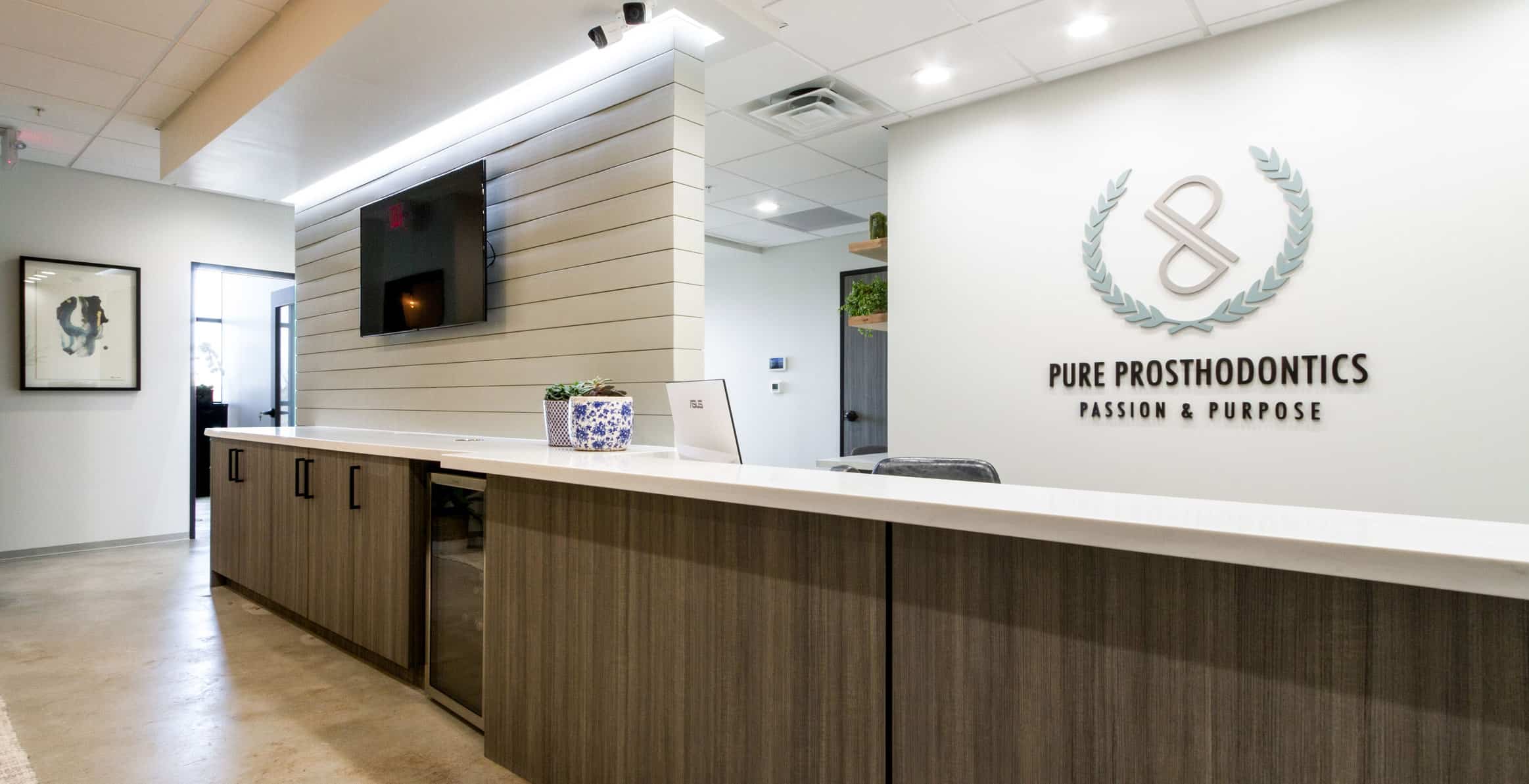Are you considering veneers to enhance your smile? You’re not alone. Many people turn to this cosmetic dental solution for a stunning transformation.
But before you take the plunge, it’s essential to understand the longevity of veneers and what factors influence their lifespan.
Veneers can significantly improve your teeth’s appearance, but knowing how long they last can help you manage your expectations. Typically, veneers can last anywhere from 5 to 15 years, depending on various factors like material, oral hygiene, and lifestyle choices.
In this article, we’ll explore the lifespan of veneers and share tips on how to maximize their durability, ensuring your investment in a radiant smile pays off for years to come.
Understanding Dental Veneers
Dental veneers are popular cosmetic solutions that enhance the appearance of your teeth. Understanding their types and characteristics helps you make informed decisions about your smile.
What Are Veneers?
Veneers are thin, custom-made shells composed of porcelain or composite resin, bonded to the front surface of your teeth. They correct aesthetic issues like chips, cracks, discoloration, and misalignment, while also closing gaps between teeth.
Types of Veneers
There are two primary types of dental veneers: porcelain veneers and composite resin veneers.
Porcelain Veneers
Highly resistant to stains, porcelain mimics the natural light reflection of teeth, offering a more lifelike appearance. Damaged porcelain veneers require replacement as they cannot be repaired.
Composite Resin Veneers
They can be applied in a single visit and are easy to repair if chipped. However, they are more susceptible to staining than porcelain veneers.
Knowing these details allows you to choose the best option for your dental needs and aesthetic goals.
How Long Do Veneers Last?
The lifespan of dental veneers significantly varies based on their type, quality, and the care they receive. While some veneers can last for years, understanding the specifics helps you make informed choices about your dental health.
Durability of Porcelain Veneers
- Lifespan: Porcelain veneers offer remarkable durability, typically lasting between 10 to 15 years, and can extend up to 20 years with optimal care.
- Care: Regular brushing, flossing, and bi-annual dental checkups are essential for maximizing the lifespan of your porcelain veneers.
Durability of Composite Veneers
- Lifespan: Composite veneers generally last around 5 to 7 years. They may require replacement sooner than porcelain options due to their susceptibility to staining and wear.
- Care: Maintaining good oral hygiene practices and avoiding stain-causing beverages can help prolong the life of composite veneers.
Factors Affecting Veneer Longevity
Veneer longevity depends on various factors, including oral hygiene practices and lifestyle choices. Understanding these elements helps you maximize the lifespan of your veneers.
Oral Hygiene Practices
Proper oral hygiene plays a crucial role in extending the lifespan of your veneers. You must regularly brush and floss to maintain both the aesthetics and functionality of your veneers.
Aim to brush twice daily with a non-abrasive toothpaste and floss at least once a day. Routine dental checkups, ideally every six months, help detect potential issues early.
Neglecting oral hygiene can lead to plaque buildup and possible damage to the bonding material, reducing the longevity of both porcelain and composite veneers.
Lifestyle Choices
Your lifestyle choices significantly influence the durability of your veneers. Avoiding stain-causing beverages, such as coffee, tea, and red wine, helps maintain the color and clarity of your veneers.
If you smoke, consider quitting; tobacco can stain and weaken the structure of your veneers over time. Additionally, using your teeth as tools can chip or crack veneers.
Opting for a balanced diet rich in nutrients supports overall dental health and can positively impact the lifespan of your veneers.
Caring for Your Veneers
Caring for your veneers ensures they remain attractive and functional over time. Implementing effective maintenance practices extends their lifespan and enhances your smile’s appearance.
Maintenance Tips
- Practice Oral Hygiene: Brush your teeth twice daily with a fluoride toothpaste designed for veneers. Floss daily to remove food particles and plaque between your teeth.
- Schedule Regular Dental Checkups: Visit your dentist every six months for professional cleanings and exams. Dental professionals can identify potential issues early.
- Choose Non-Abrasive Products: Use soft-bristle toothbrushes and non-abrasive dental products to avoid scratching the veneer surface.
- Limit Stain-Causing Foods and Beverages: Avoid consuming excessive coffee, tea, red wine, or dark-colored sauces that can cause staining. If consumed, rinse your mouth with water afterward.
- Avoid Hard Foods: Steer clear of hard candies or ice to prevent damaging your veneers. Chewing on hard items can lead to chips or fractures.
What to Avoid
- Neglecting Maintenance: Skipping daily oral hygiene practices can lead to plaque buildup and potential damage to your veneers.
- Ignoring Dental Visits: Not attending regular dental checkups can result in unnoticed issues that may compromise your veneer’s integrity.
- Using Harsh Products: Avoid using abrasive toothpaste or whitening products on your veneers as they can cause scratches and diminish the gloss.
- Grinding Teeth: If you grind your teeth or clench your jaw, consider discussing protective night guards with your dentist.
- Smoking: Smoking can lead to discoloration and adversely affect the aesthetic appearance of your veneers. Quitting can enhance both your oral health and veneer longevity.
When to Replace Veneers
Veneers typically require replacement due to visible wear or damage. Recognizing the signs can help you maintain your smile and ensure your veneers continue to provide the desired aesthetic.
Signs of Wear and Tear
- Chipping or Cracking: A visible chip or crack usually indicates the need for replacement, as it often can’t be repaired.
- Staining or Discoloration: While porcelain veneers resist stains, composite veneers may show discoloration over time, signaling a replacement.
- Uneven Wear: Variations in the surface texture or alignment of your veneers can detract from your smile, requiring intervention.
- Sensitivity: Increased sensitivity to hot or cold may point to underlying issues, making replacement necessary.
Conclusion
Veneers can be a fantastic investment in your smile but their longevity depends on several factors. By prioritizing good oral hygiene and making mindful lifestyle choices, you can significantly extend the life of your veneers.
Regular dental visits and proper care are essential to maintain their appearance and functionality.
Keep an eye out for any signs of wear or damage and don’t hesitate to consult your dentist when needed. With the right approach, you can enjoy the beauty of your veneers for many years to come, ensuring your smile remains bright and confident.
Frequently Asked Questions
How long do veneers typically last?
Veneers generally last between 5 to 15 years, depending on the material used, care taken, and individual lifestyle choices. Porcelain veneers can last up to 20 years with proper maintenance.
What are the main types of veneers?
The two primary types of veneers are porcelain and composite resin. Porcelain veneers are more durable and stain-resistant, while composite veneers are easier to repair and more affordable but typically have a shorter lifespan.
How can I maximize the lifespan of my veneers?
To maximize the lifespan of your veneers, practice good oral hygiene, avoid stain-causing foods and beverages, and schedule regular dental checkups. Using non-abrasive dental products is also recommended.
What factors affect the longevity of veneers?
Oral hygiene, lifestyle choices, and the type of veneer used significantly impact their longevity. Brushing, flossing, and avoiding habits like smoking can help maintain veneers’ appearance and durability.
When should I consider replacing my veneers?
Consider replacing your veneers if you notice visible wear, such as chipping, cracking, staining, uneven wear, or increased sensitivity. Addressing these issues early can maintain your smile’s appearance and health.
Pure Prosthodontics: Long-Lasting Veneers for a Perfect Smile
Pure Prosthodontics specializes in providing veneers that not only enhance your smile but also stand the test of time. With proper care and our expert guidance, you can enjoy beautiful, long-lasting results.
Schedule your consultation today to learn how we can help you maintain your veneers for years to come. Don’t wait—start your journey to a flawless smile now!



